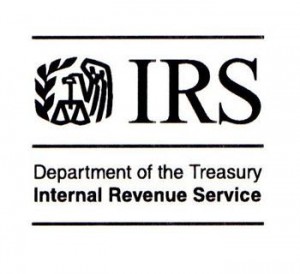On November 21, 2023, the IRS issued Rev. Proc. 2023-37, substantially updating its guidance on preapproved retirement programs described in Internal Revenue Code (I.R.C.) § 403(b) (403(b) plans). A new article, Pre-Approved 403(b) Plans, discusses preapproved 403(b) plans, including their advantages, legal pitfalls, and other issues that an eligible employer may consider when determining whether to convert its existing 403(b) plan into a preapproved plan.
The major topics are:
- What Is a 403(b) Plan?
- What Are the Advantages of a Preapproved 403(b) Plan?
- What Are the Legal Pitfalls of a Preapproved 403(b) Plan?
- What Operational Issues Can Arise for a Preapproved Plan?
- What Practical Issues Can Arise for a Preapproved Plan?
- When Should an Employer Adopt a Preapproved 403(b) Plan?
- Can the Employer Cure Past Plan Issues by Adopting a Preapproved 403(b) Plan?
- What Should an Employer Do If It Did Not Comply with the Written Plan Document Requirement in the Past?

 In recent years, several states have adopted laws requiring private (nongovernmental) employers to set up payroll deduction individual retirement accounts, individual retirement annuities, or Roth IRAs (collectively, IRAs) for their employees. Certain localities have also indicated an interest in setting up such programs. ERISA by its terms generally preempts any and all state laws relating to any employee benefit plan regulated by ERISA, other than state laws that regulate insurance, banking, or securities. ERISA
In recent years, several states have adopted laws requiring private (nongovernmental) employers to set up payroll deduction individual retirement accounts, individual retirement annuities, or Roth IRAs (collectively, IRAs) for their employees. Certain localities have also indicated an interest in setting up such programs. ERISA by its terms generally preempts any and all state laws relating to any employee benefit plan regulated by ERISA, other than state laws that regulate insurance, banking, or securities. ERISA  On January 27, 2016, the IRS issued
On January 27, 2016, the IRS issued  On June 26, 2015, the Supreme Court struck down all state bans on same-sex marriage in
On June 26, 2015, the Supreme Court struck down all state bans on same-sex marriage in  Federal law contains provisions forbidding discrimination based on several classifications: race, sex, veteran status, etc. However, no federal law explicitly prohibits discrimination based on sexual orientation or transgender status. As a result, many employers in states which do not have their own legislation barring discrimination based on sexual orientation or transgender status have assumed that no laws prohibited such discrimination.
Federal law contains provisions forbidding discrimination based on several classifications: race, sex, veteran status, etc. However, no federal law explicitly prohibits discrimination based on sexual orientation or transgender status. As a result, many employers in states which do not have their own legislation barring discrimination based on sexual orientation or transgender status have assumed that no laws prohibited such discrimination.